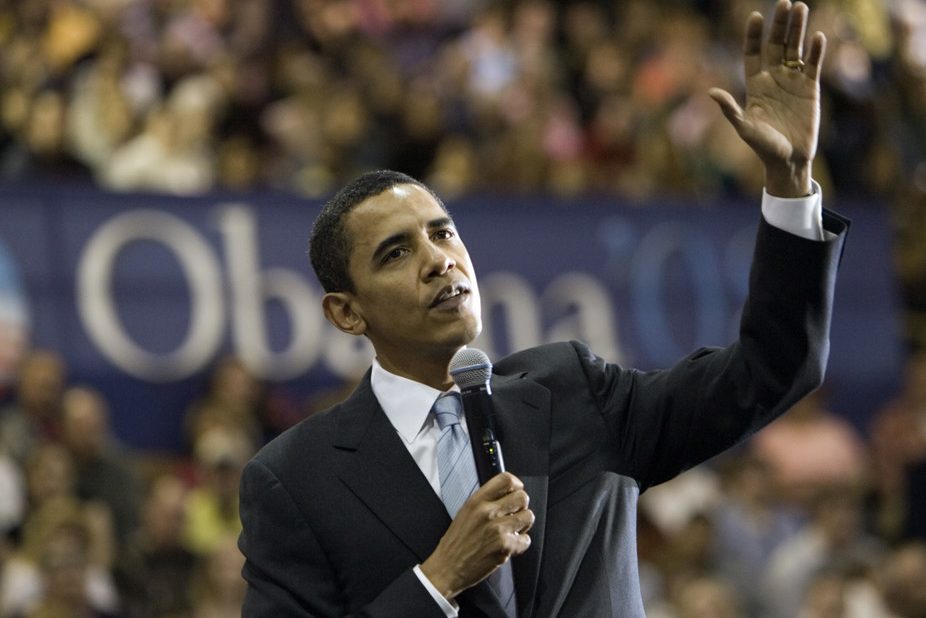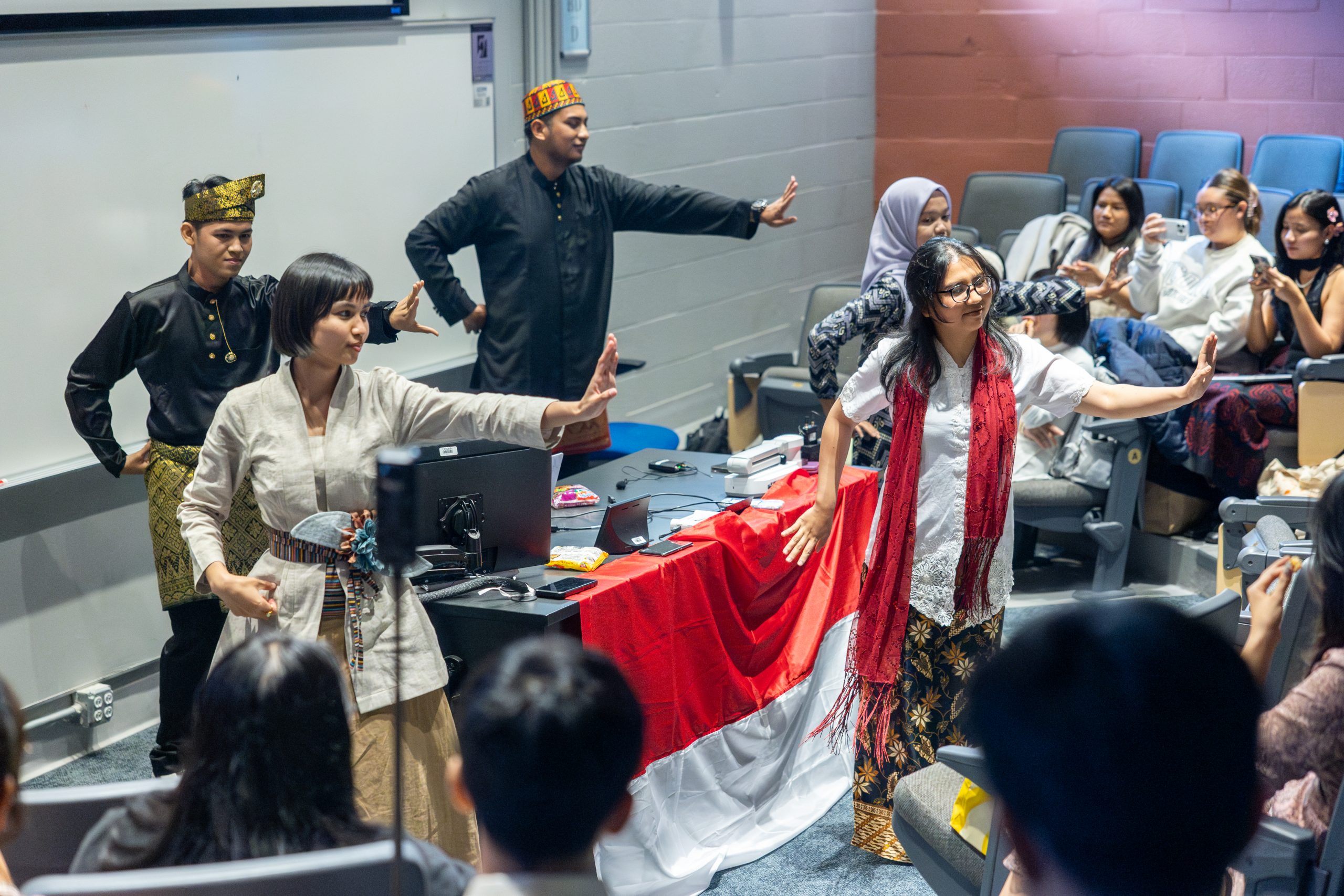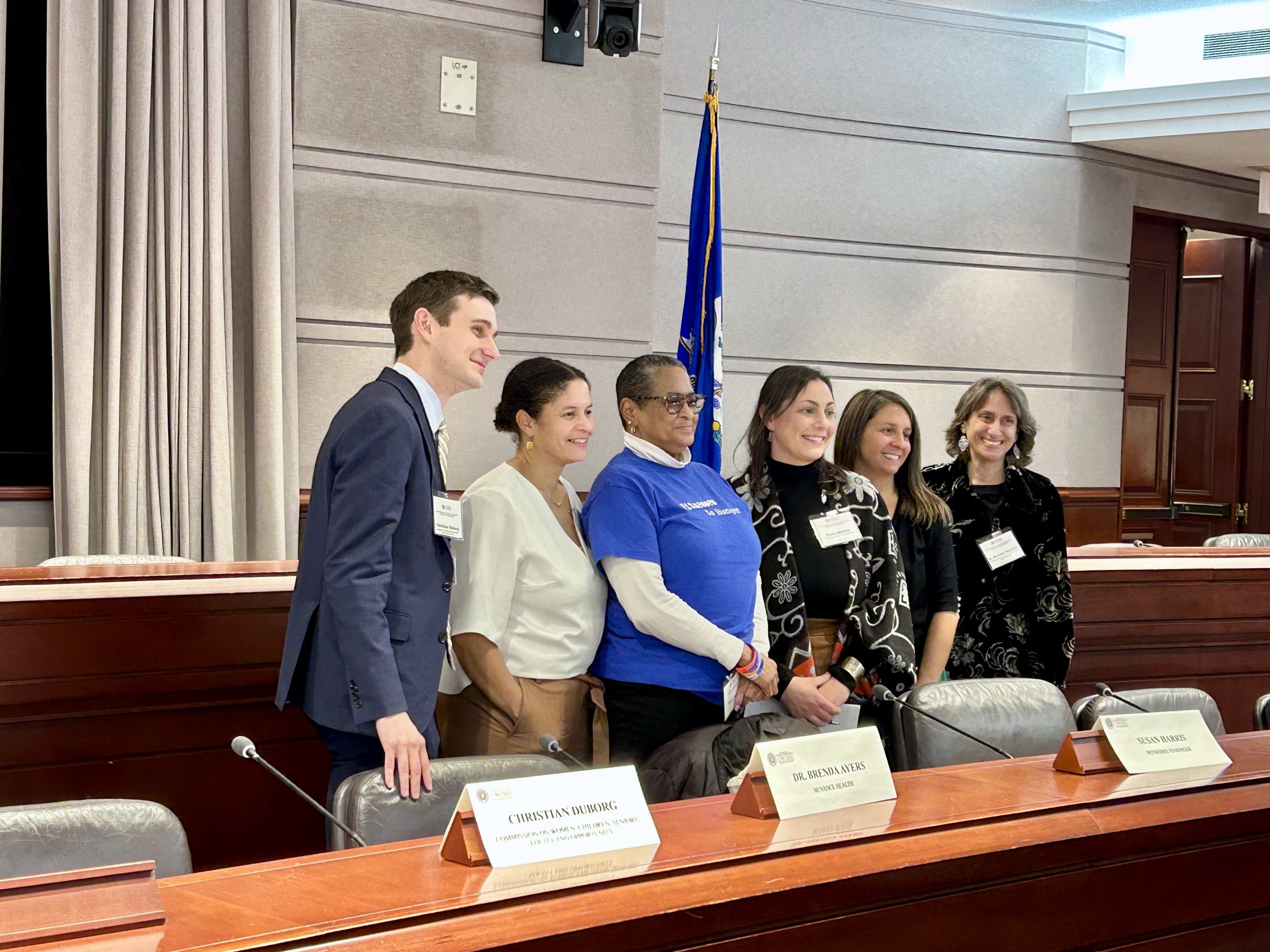Written by ssociate professor of political science and Africana Studies.
The relationship between black presidential candidates and potential voters is more complex than it is for their white opponents. My research on historic “firsts” shows that white voters tend to ascribe characteristics to black candidates that place them at a disadvantage.
That’s why Barack Obama’s presidency became synonymous with an end goal of the civil rights movement and a source of pride for so many Americans. His campaign experience, like that of predecessors Shirley Chisholm and Jesse Jackson, suggests something about the extent to which African-Americans have gained acceptance as legitimate political actors.
Obama more easily mobilized white voters because he was less interested in challenging “the system,” and more ideologically liberal than his predecessors. He also adapted to the political environment, recognizing key voting constituencies. Obama pulled together the type of coalition that Chisholm and Jackson had aspired to lead, composed of college students, hard-core progressives, organized labor, and independents.
His departure from office is a time to look back and recall the historic impact of his candidacy and victory.
Undeniably black
Presidential campaigns launched by Shirley Chisholm in 1972 and Jesse Jackson in 1984 were aimed at forging interracial alliances. However, each of these candidates failed to build a coalition of historically marginalized groups. Instead, their rhetoric primarily appealed to African-American voters in locales where they comprised a majority, or near majority, of the population.
As a result, they drew limited support from white voters. For example, by large margins, white voters viewed Jackson as less knowledgeable, less fair, less likely to care about people like them, and more prejudiced than his white opponents Walter Mondale and Michael Dukakis.
Like Chisholm and Jackson, Obama’s candidacy in 2008 aroused fears, resentments, and prejudices.
He was falsely accused of being a Muslim. Stereotypes were reinvented and popular images reanimated and parodied in blogs, email, tweets, and other social media outlets. T-shirts were printed with an image of Curious George, a monkey from a well-known children’s book, inscribed with the words “Obama ’08,” comparing African-Americans to apes.
The Tea Party Movement, a conservative wing of the Republican Party, also orchestrated a number of attacks on Obama’s patriotism, religious beliefs, and citizenship status through protest rallies and social media. Obama’s racial identity and other personal traits remained a matter of public debate long after the general election.
Like his predecessors, Obama was perceived as lacking leadership experience. He was viewed as less competent, less knowledgeable of foreign affairs, and more concerned with racial issues like affirmative action and immigration reform.
Because he was undeniably black, he was seen as an “authentic” representative of the African-American electorate, not the entire American electorate. His campaign had to overcome this notion.
Overcoming race
Obama employed a race-neutral approach during his first presidential campaign. In his hallmark speech at the 2004 DNC he said: “There’s not a liberal America and a conservative America, there is the United States of America. There is not a black America and a white America and Latino America and Asian America, there is the United States of America.”
His rhetoric aimed to satisfy diverse constituents across racial and ethnic groups. Obama used universal, color-blind language that appealed to most Americans.
He focused on quality-of-life issues, such as universal health care, equal educational opportunities, and full employment for the lower and middle classes. Doing so increased the likelihood that more Americans would support his campaign. He was less interested in race-specific overtures that directly appealed to African-American voters. As I argue in my book, Historic Firsts: How Symbolic Empowerment Changes U.S. Politics, Obama unified liberal white voters.
Still, pundits pondered whether a black man, elected by a white majority with support of African-American voters, represented a psychological, but not necessarily a substantive, triumph over race.
His predecessors Chisholm and Jackson had heavily relied on racial bloc voting and the stylistic influence of a Black Power tradition – “speaking truth to power,” dramatic confrontation, and public spectacle – for electoral success. Obama was a successful candidate because he was neither righteous nor indignant. He ran a campaign that was racially and culturally inclusive.
Today, there is little question as to whether a black male politician at the top of a major party’s presidential ticket can transform beliefs about African-American men in politics. The outcome of the 2008 American presidential election shows that the majority of American voters are willing to vote for a black Democratic presidential candidate.
However, it is a certain type of black presidential candidate who will find it easier, and others more difficult, to gain white support.
This article was originally published on The Conversation. Read the original article.



